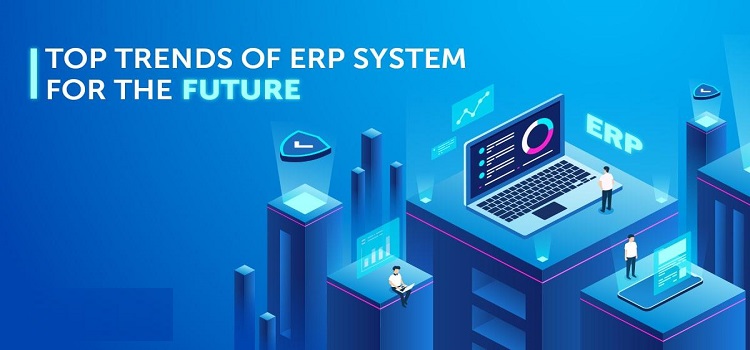In the dynamic realm of enterprise software, several trends are steering the future of ERP systems. Automation takes center stage as businesses strive for efficiency and agility. Intelligent process automation, driven by artificial intelligence and machine learning, is streamlining workflows, enhancing decision-making, and minimizing manual interventions.
Cloud dominance is reshaping ERP architecture, offering scalability and accessibility. Cloud-based ERP Corporate solution empower organizations with real-time data access, fostering collaboration across geographies. As cybersecurity concerns intensify, ERP systems are integrating robust security measures to safeguard sensitive information.
User experience (UX) is no longer a secondary consideration. Modern ERP platforms prioritize intuitive interfaces, ensuring user-friendly interactions. This not only boosts productivity but also accelerates user adoption, a critical factor in successful ERP implementations.
The rise of Industry 4.0 heralds the era of connected ecosystems. ERP systems are evolving to seamlessly integrate with emerging technologies like the Internet of Things (IoT) and blockchain. This connectivity enhances visibility into supply chains, enabling data-driven decision-making and facilitating predictive analytics.
The demand for customization is pushing ERP vendors to adopt modular architectures. Businesses can now tailor their ERP solutions to meet specific needs, fostering adaptability in an ever-changing business landscape. This modular approach also facilitates smoother upgrades and reduces the risk of system disruptions.
Environmental sustainability is emerging as a key consideration. ERP Retail Software solutions are incorporating features that enable organizations to monitor and reduce their carbon footprint. From supply chain optimization to energy consumption tracking, ERP systems are becoming instrumental in achieving corporate sustainability goals.
As data continues to burgeon, analytics becomes paramount. ERP systems are leveraging advanced analytics tools to derive meaningful insights. Predictive analytics, in particular, empowers organizations to anticipate trends, mitigate risks, and seize opportunities in a proactive manner.
Conclusion: The future of enterprise software is marked by a convergence of intelligent automation, cloud supremacy, enhanced user experiences, Industry 4.0 integration, modular architectures, sustainability, and advanced analytics. Navigating this landscape requires businesses to embrace innovation and choose ERP solutions that align with their evolving needs. The journey ahead promises a transformative era where enterprises leverage cutting-edge technologies to drive efficiency, resilience, and sustainable growth.

